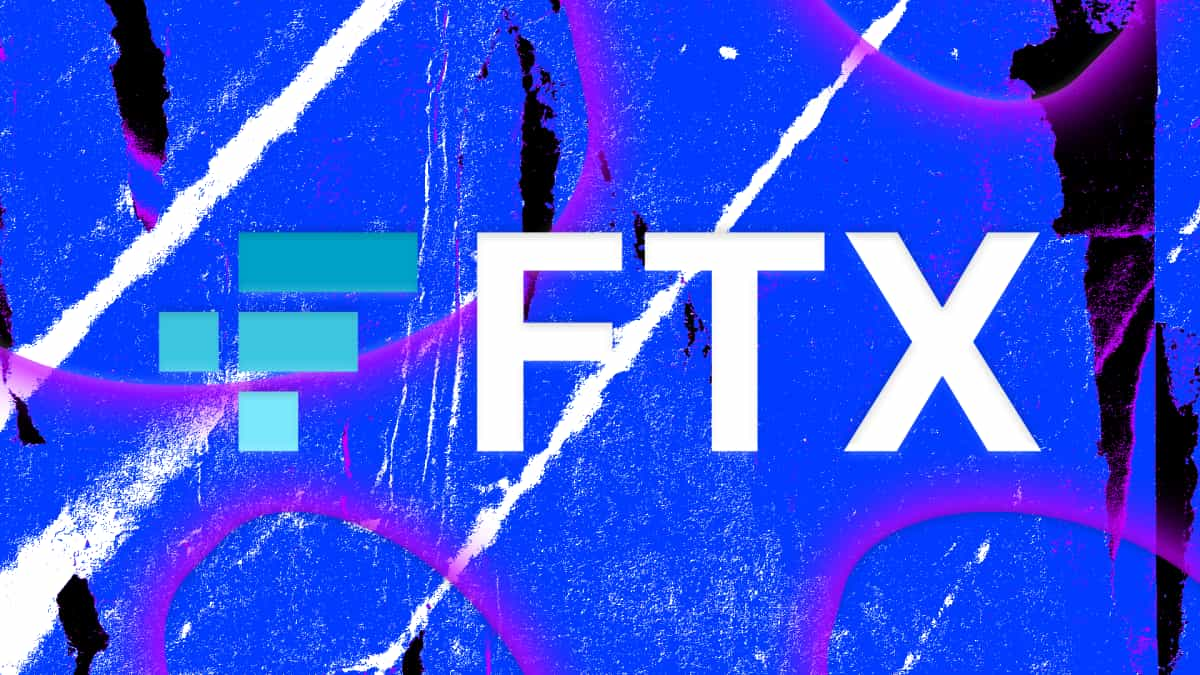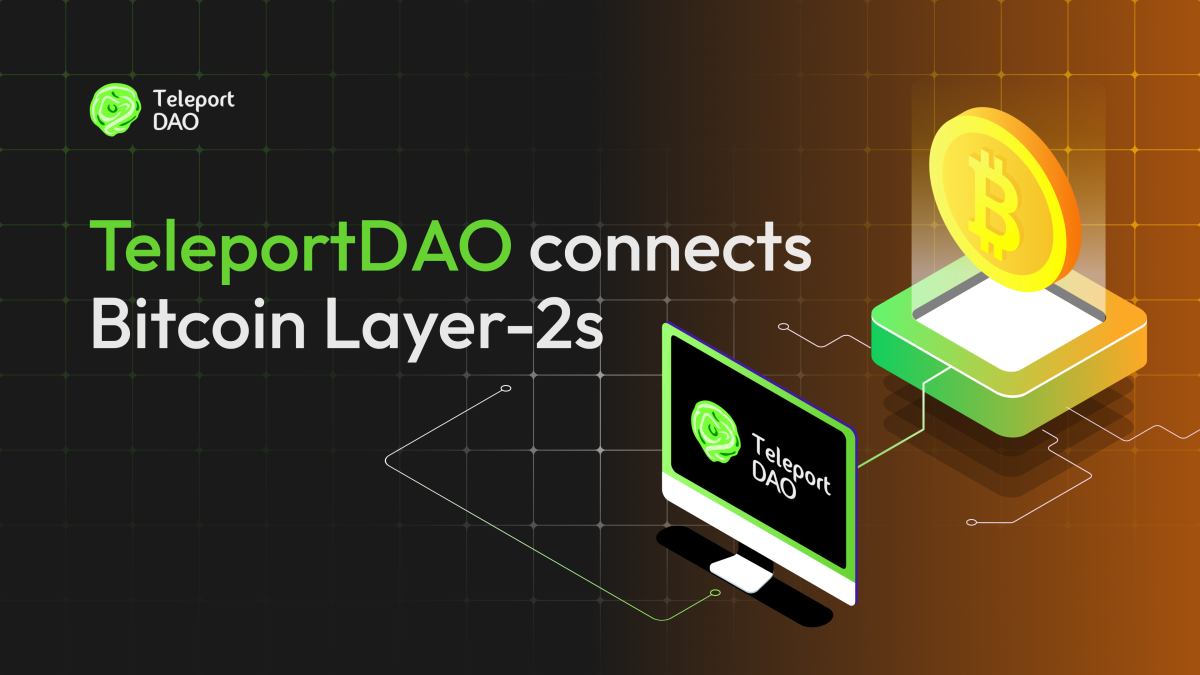Kentucky becomes fifth state to ask if BlockFi's interest accounts are securities, putting new customers on hold


According to a Friday tweet from BlockFi, the Kentucky Department of Financial Institutions has issued the firm an order barring it from soliciting or offering securities in the state. Even though the firm believes its interest account product is not a security, it will stop offering it to new customers in Kentucky, it said.
Kentucky becomes the fifth state to call into question the regulatory status of BlockFi's interest accounts, following similar actions in the firm's home state of New Jersey, Alabama, Texas, and Vermont.
BlockFi offers crypto savings accounts with rates of return significantly higher than any comparable offerings from FDIC-insured banks in the U.S. Like banks, BlockFi earns money by lending out funds deposited on its platform.
Savings accounts with traditional banks do not need to answer to securities regulation, and BlockFi has long been in communication with U.S. regulators over its offerings. The recent actions from state securities regulators are based on their view that these interest accounts are, unlike bank savings accounts, securities. It's been a shock to the crypto community.
The recent actions have, however, not been full shutdowns of the platform. BlockFi's products are unavailable to new customers in the states concerned, pending what may well be extensive legal back and forth. According to the firm, "BlockFi firmly believes that the BIA is lawful and appropriate for crypto market participants."



